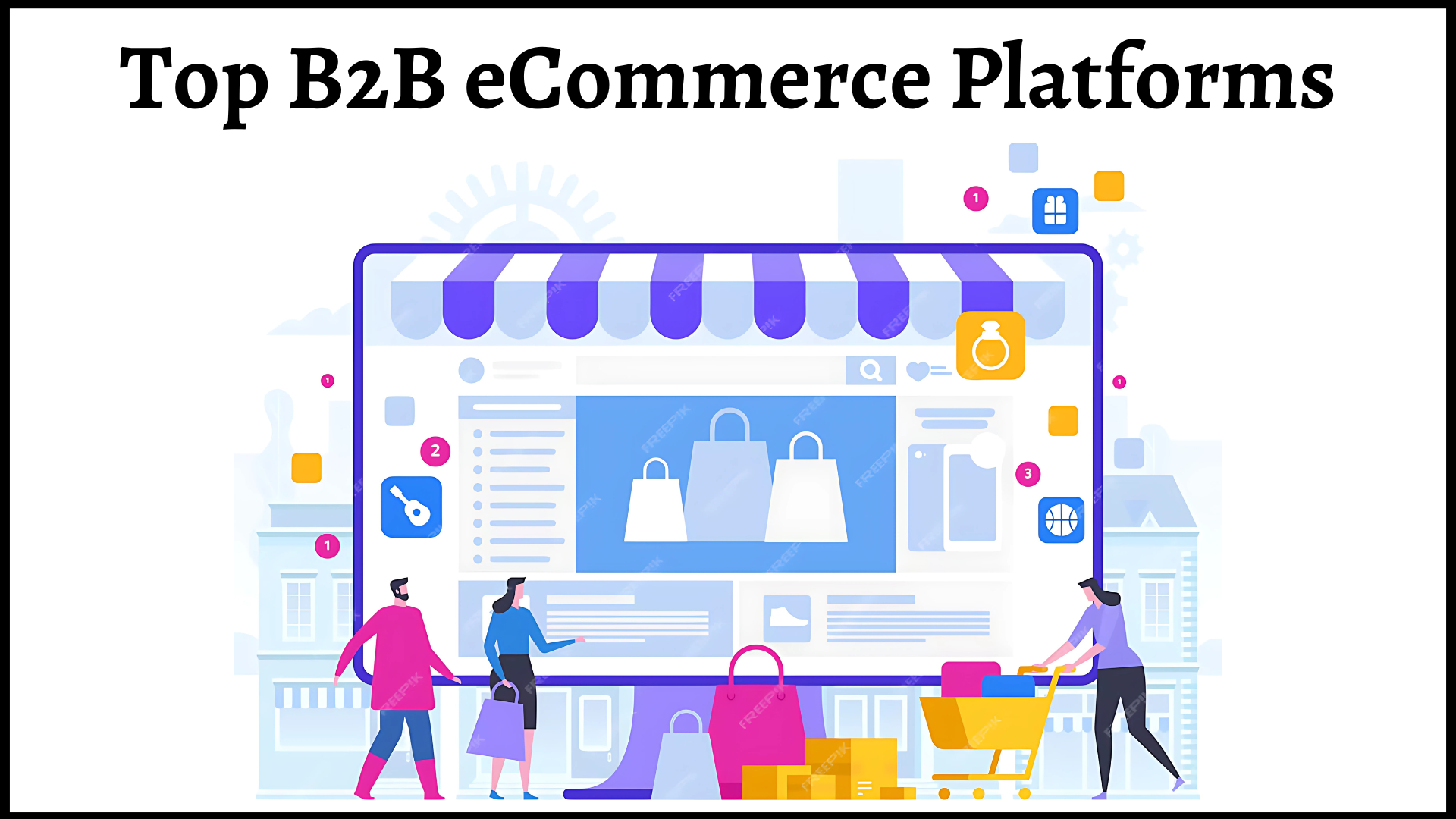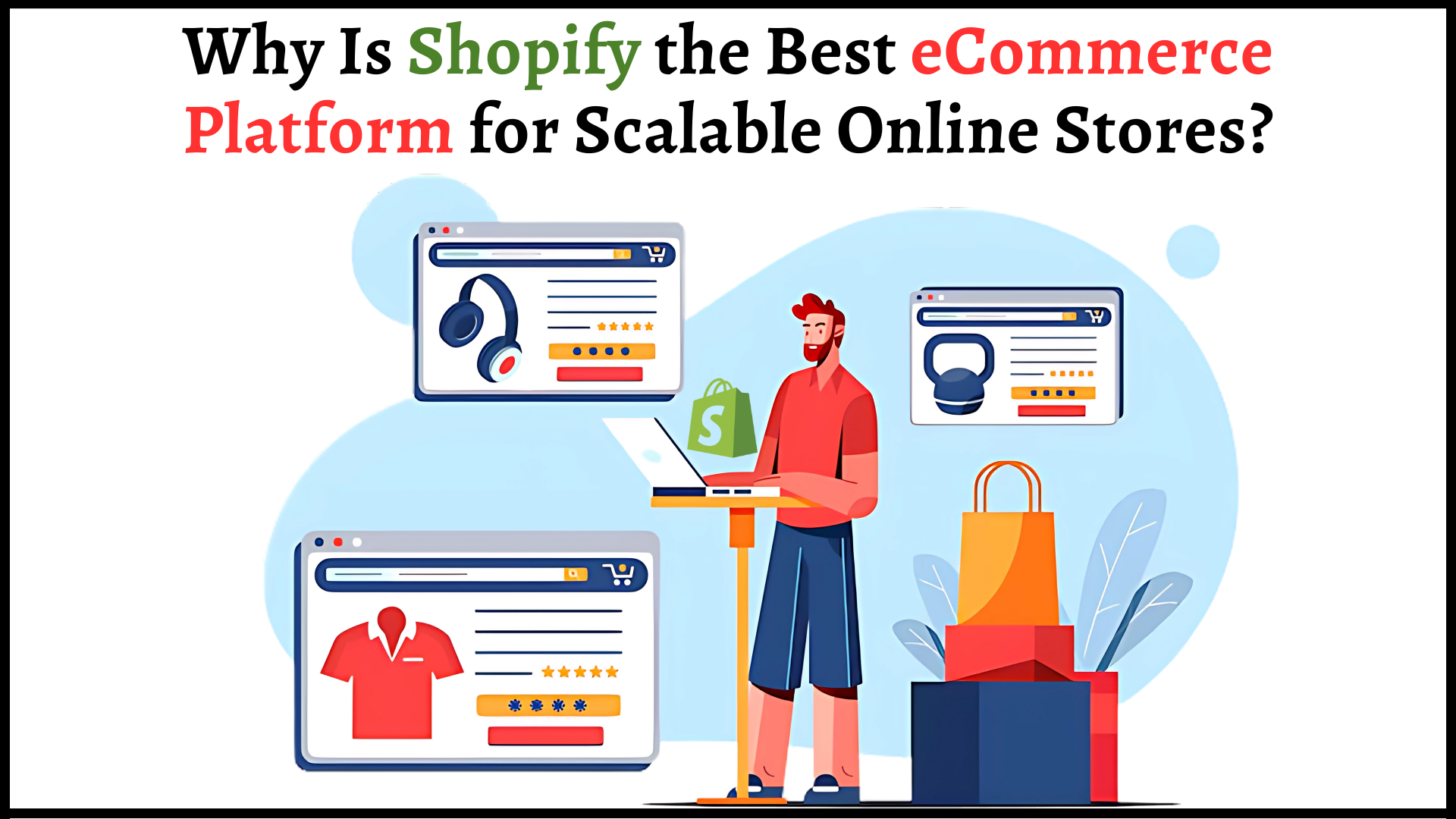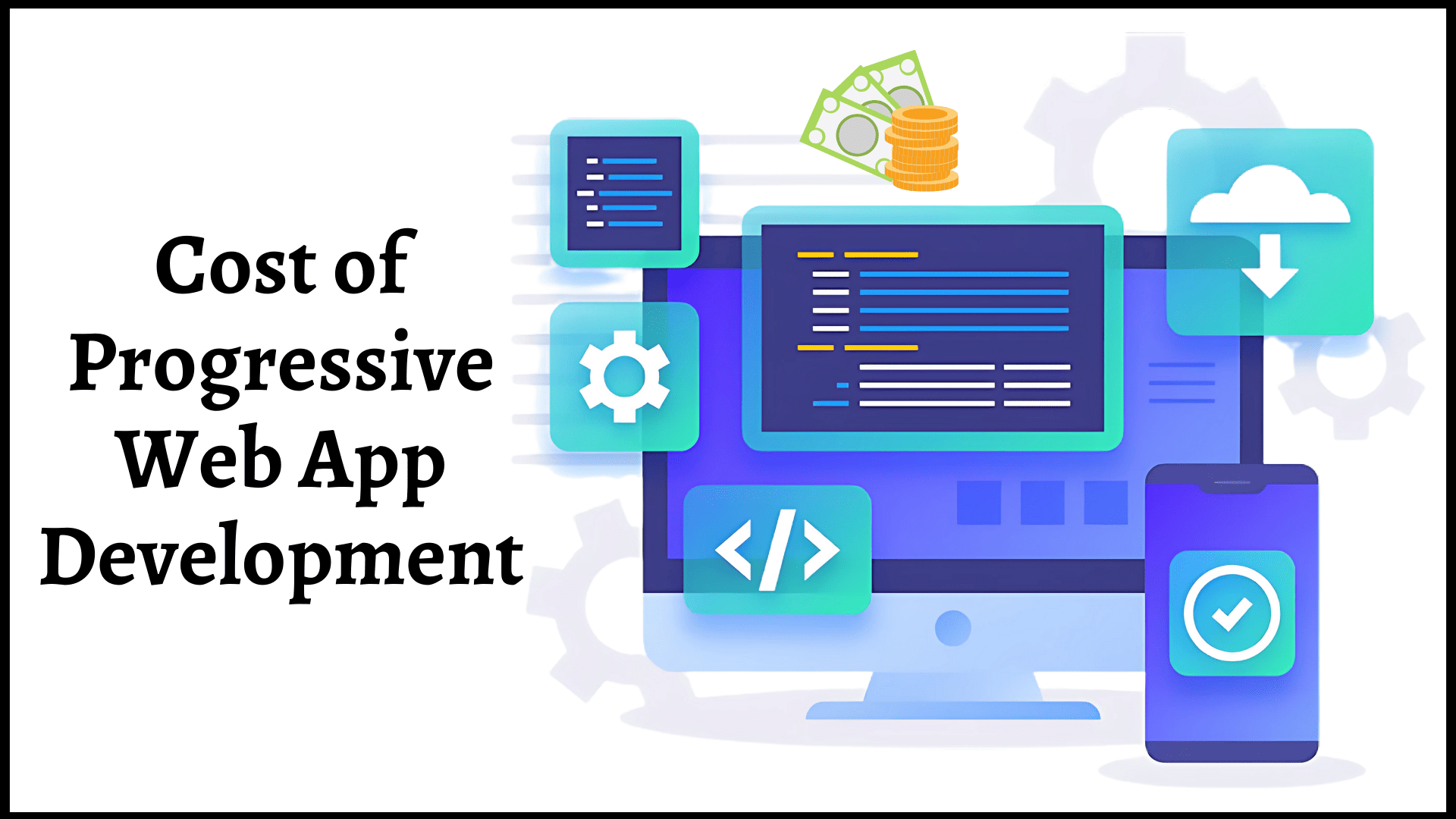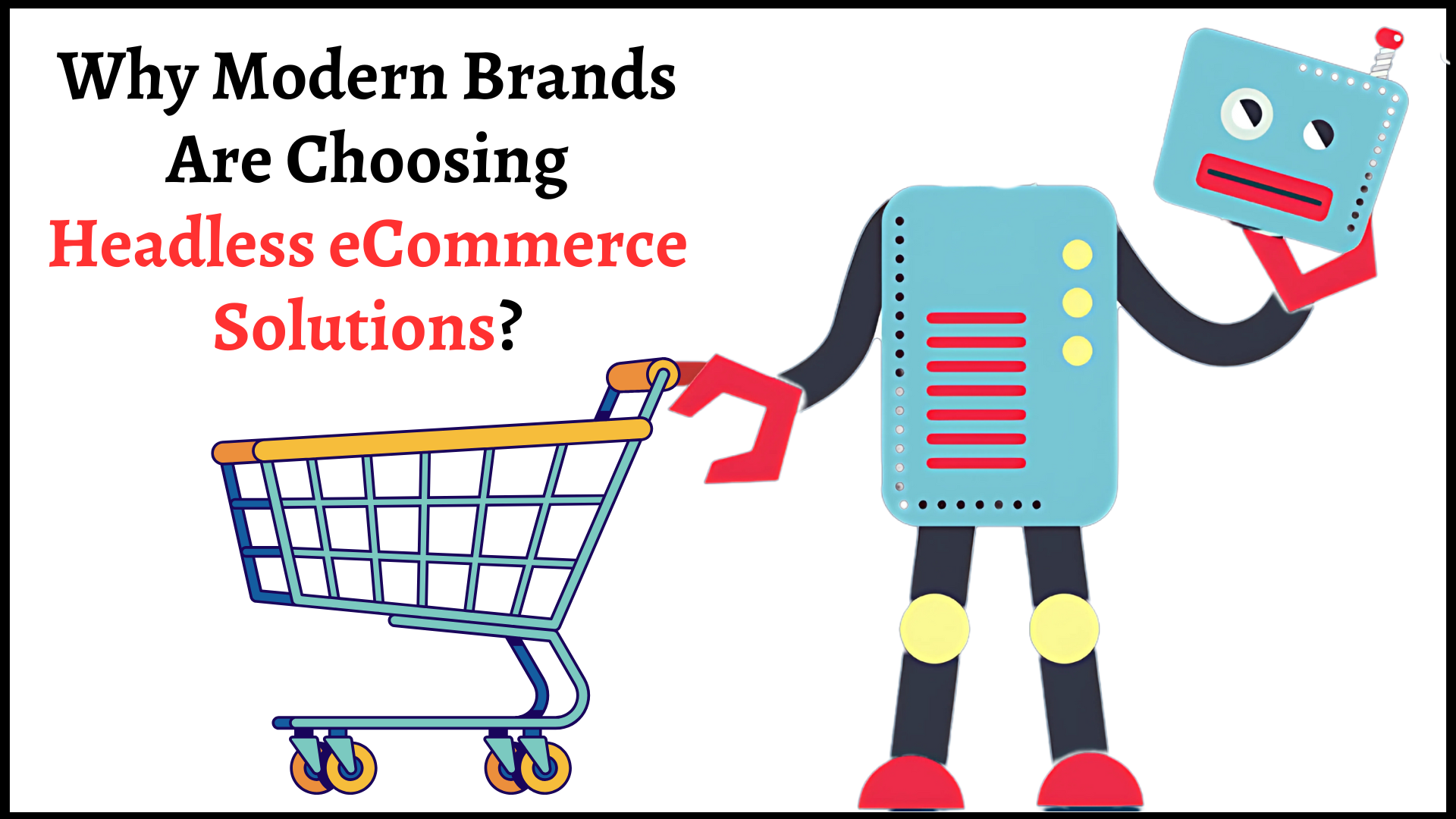The rapid evolution of B2B eCommerce is transforming the digital landscape. Businesses now demand recognized and trusted platforms that support complex transactions, bulk ordering, and personalized pricing while delivering integrations and analytics. Today’s leading B2B solutions empower enterprises with innovative tools for automation, scalability, and strategic growth in competitive markets.
Adopting a robust B2B eCommerce web development platform not only enhances operational efficiency but also drives digital transformation. By integrating advanced technologies and automating core processes, businesses can achieve significant cost savings and improved customer satisfaction. These platforms deliver real-time analytics, streamlined workflows, and scalable solutions that efficiently power enterprise growth.
Why Choose a B2B eCommerce Platform?
A B2B eCommerce platform is essential for businesses looking to digitize their sales and distribution processes. It enables bulk transactions, personalized pricing, account-based management, and seamless integrations with various enterprise systems. Investing in the right eCommerce platform ensures scalability, efficiency, and enhanced customer satisfaction.
Best B2B eCommerce Platforms in 2025
1. Shopify Plus

Shopify Plus is a customizable B2B eCommerce platform with advanced wholesale capabilities, custom pricing, automated workflows, ERP integrations, and multivendor support, ideal for growing B2B businesses.
Key Features:
- Wholesale and retail storefronts on a single platform
- Customizable checkout for a seamless buyer experience
- API integrations for ERP and CRM systems
- Advanced automation for bulk orders and pricing
Benefits:
- Easy to use with minimal technical knowledge
- Secure and scalable infrastructure
- Robust multi-vendor eCommerce marketplace capabilities
2. Magento Commerce (Adobe Commerce)

Magneto is a top B2B eCommerce platform with scalability, customization, advanced catalog management, dynamic pricing, and seamless ERP integration, making it ideal for large businesses.
Key Features:
- Advanced catalog and pricing management
- AI-powered product recommendations
- Multi-store functionality
- Seamless ERP and CRM integrations
Benefits:
- Highly customizable for unique business needs
- Scalable for growing enterprises
- Strong community support and security features
3. BigCommerce B2B Edition
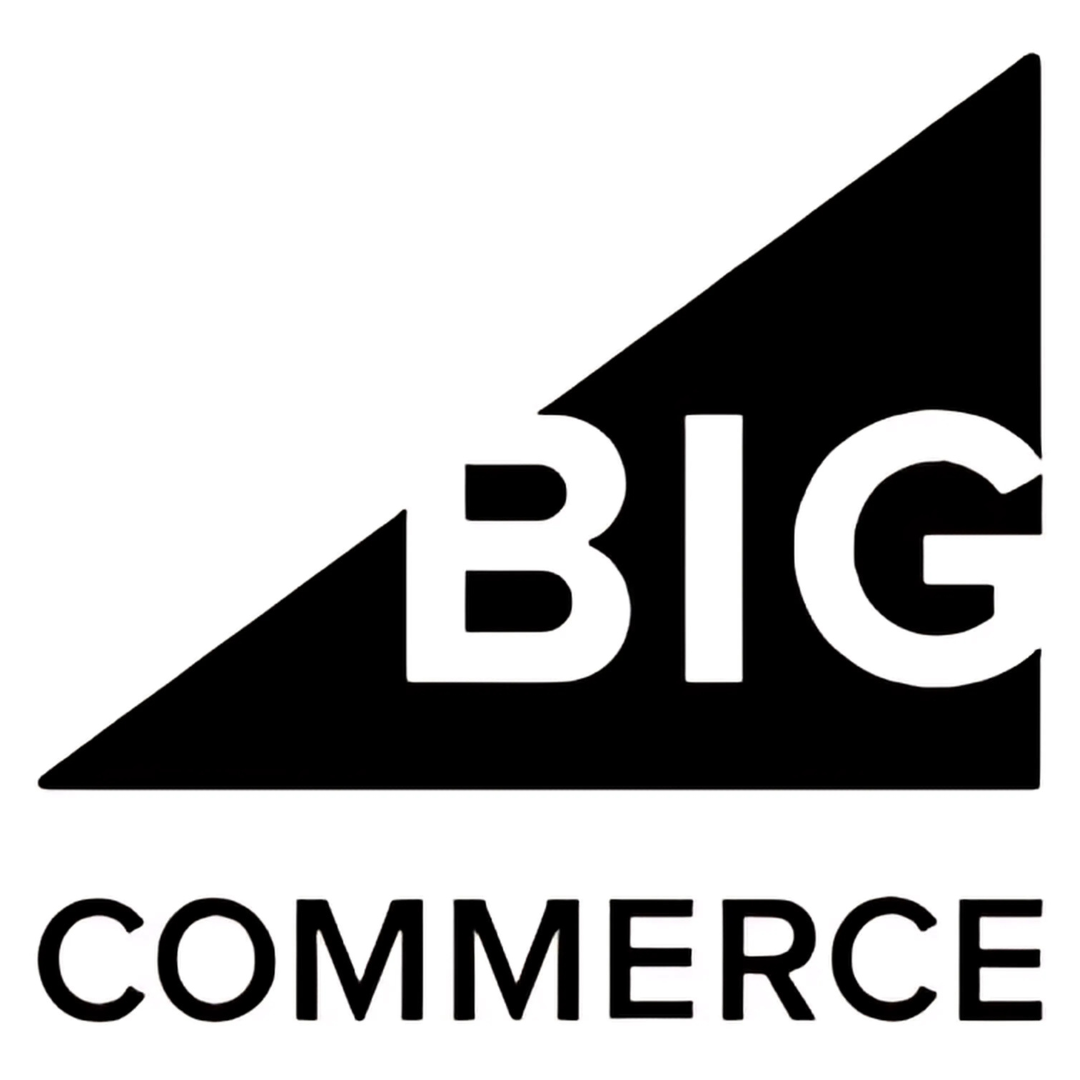
BigCommerce B2B Edition is a scalable, customizable, cloud-based solution with advanced B2B tools like custom pricing, bulk ordering, and payment gateway integration, ideal for growing enterprise eCommerce needs.
Key Features:
- Advanced B2B quoting and negotiation tools
- Custom price lists for different buyers
- Headless commerce flexibility
- Integration with top payment and shipping providers
Benefits:
- User-friendly interface
- Supports multivendor eCommerce marketplace setups
- Cost-effective compared to custom solutions
4. core dna

core dna is a modern, API-first eCommerce platform designed for B2B and B2C environments, offering flexibility, speed, and efficiency to support evolving business needs and compete in the digital B2B landscape.
Key Features:
- It is designed with an API-First Architecture
- The platform supports omnichannel capabilities
- Customizable B2B Workflows
- Seamless ERP and CRM integrations
Benefits:
- Built specifically for B2B needs
- Highly customizable and scalable
- Lower Cost to Build an eCommerce Website
5. WooCommerce for B2B

WooCommerce for B2B is a flexible, cost-effective eCommerce solution for small to medium-sized businesses, offering customizable pricing, product catalogs, checkout options, seamless payment integration, and extensive plugin support for effective scalability and personalization of B2B operations.
Key Features:
- Flexible product catalogs and pricing
- Customizable checkout options
- Integration with various payment gateways
- Add-ons for bulk orders and subscriptions
Benefits:
- Low cost to build an eCommerce website
- Ideal for businesses familiar with WordPress
- Extensive plugin support
6. Salesforce Commerce Cloud
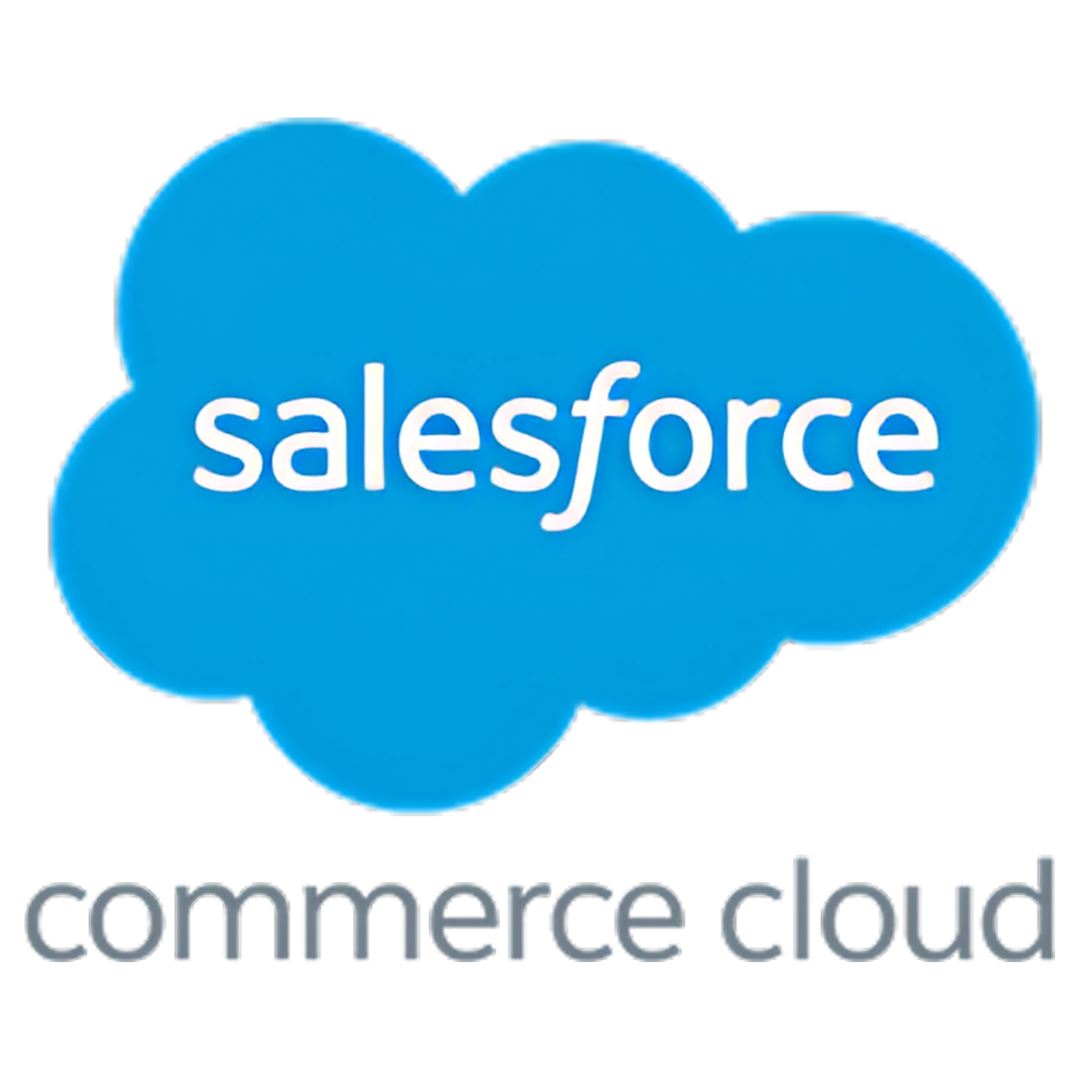
Salesforce Commerce Cloud is a renowned eCommerce platform offering a unified customer experience, CRM tools, marketing automation, and advanced analytics, integrating seamlessly into the Salesforce ecosystem for enterprise B2B eCommerce.
Key Features:
- Deep Integration with Salesforce Ecosystem
- Multichannel & Multivendor Support
- Enterprise-Grade Security and Compliance
- AI-Powered Personalization
Benefits:
- Enhanced Buyer Engagement
- Future-Ready Platform
- Scalability for Enterprise Needs
Key Trends in B2B eCommerce Platforms in 2025
The B2B industry is witnessing several technological advancements. Here are some key eCommerce web development trends shaping the industry:
- AI & Automation: AI-driven product recommendations and automated customer service are enhancing buyer experiences.
- Headless Commerce: More businesses are adopting headless commerce to create custom front-end experiences.
- Mobile Optimization: With mobile commerce rising, platforms are prioritizing responsive design and app integrations.
- Personalization: AI-powered tools are helping businesses offer personalized pricing and recommendations.
- Sustainability: More platforms are focusing on eco-friendly web development solutions and ethical sourcing.
How to Choose the Right B2B eCommerce Platform?
When selecting a B2B eCommerce platform, consider the following factors:
1. Scalability
Choose a robust, cloud-based platform for B2B eCommerce in 2025, designed with microservices or API-first architectures. Ensure consistent performance during high-traffic periods, support rapid growth, and provide fast page load times for efficient transactions, retaining B2B customers.
2. Customization & Integration
An ideal eCommerce platform should offer high customization to suit unique business processes. It should allow easy modification of layouts, functionalities, and integrations. Modern web development solutions require seamless connectivity with ERP, CRM, and inventory management tools. Platforms should offer APIs, webhooks, plug-and-play integrations, and customization options.
3. Security & Compliance
B2B E-commerce platforms must adhere to high-security standards and industry regulations, including encryption protocols, multi-factor authentication, regular security audits, and regulatory compliance with standards like GDPR or PCI-DSS, to protect sensitive business data and build trust with clients.
4. Cost to Build an eCommerce Website
Evaluate the total cost of building an eCommerce website, including licensing, development, and maintenance expenses. A transparent pricing model helps you plan your budget while ensuring that you’re investing in a platform that delivers tangible benefits of eCommerce web development without hidden costs.
5. Support & Community
Reliable customer service and technical support are crucial for business periods or platform upgrades. An active developer community offers peer support, regular updates, and innovative plugins. A vendor with a proven track record is likely to offer continuous improvements, industry trends, and reliable support.
How Can B2B eCommerce Platforms Be Helpful In Your Business?
Below are five detailed benefits that illustrate why modern B2B eCommerce Platforms are a game changer for businesses:
1. Enhanced Operational Efficiency and Automation
Modern B2B eCommerce platforms automate tasks like order processing, inventory management, and invoicing, reducing manual errors and speeding up workflows. Integrations with ERP and CRM systems enhance operational efficiency.
2. Improved Customer Experience and Personalization
Advanced B2B eCommerce platforms in 2025 will use AI and data analytics to provide personalized experiences, boosting customer satisfaction, loyalty, and repeat business by making the purchasing process intuitive.
3. Global Market Reach and Scalability
B2B eCommerce Platforms offer scalable, cloud-based solutions for global expansion, enabling businesses to reach new markets without traditional brick-and-mortar constraints, supporting multivendor marketplaces and multiple sales channels.
4. Cost-Effective Digital Transformation
Modern eCommerce platforms offer modular web development solutions, reducing initial investment and long-term maintenance costs enabling businesses to achieve digital transformation while maintaining control over expenses.
5. Data-Driven Decision Making and Advanced Analytics
B2B eCommerce platforms use advanced analytics tools to provide real-time sales trends, customer behavior, and operational performance, enabling businesses to make informed decisions, optimize strategies, and adapt to market changes.
Conclusion
Choosing the right B2B eCommerce platform is crucial for business growth in 2025. Platforms like Shopify Plus, Magento, BigCommerce, OroCommerce, and WooCommerce offer a range of features tailored to different business needs. Businesses can make informed decisions by keeping up with the latest eCommerce web development trends and evaluating the cost to build an eCommerce website. Investing in a robust B2B eCommerce platform ensures streamlined operations, better customer engagement, and long-term success in the digital marketplace.

